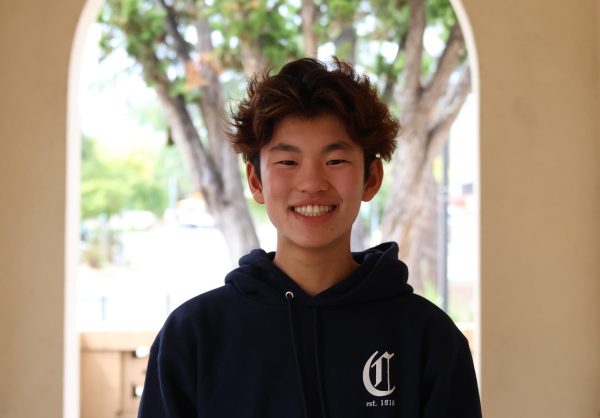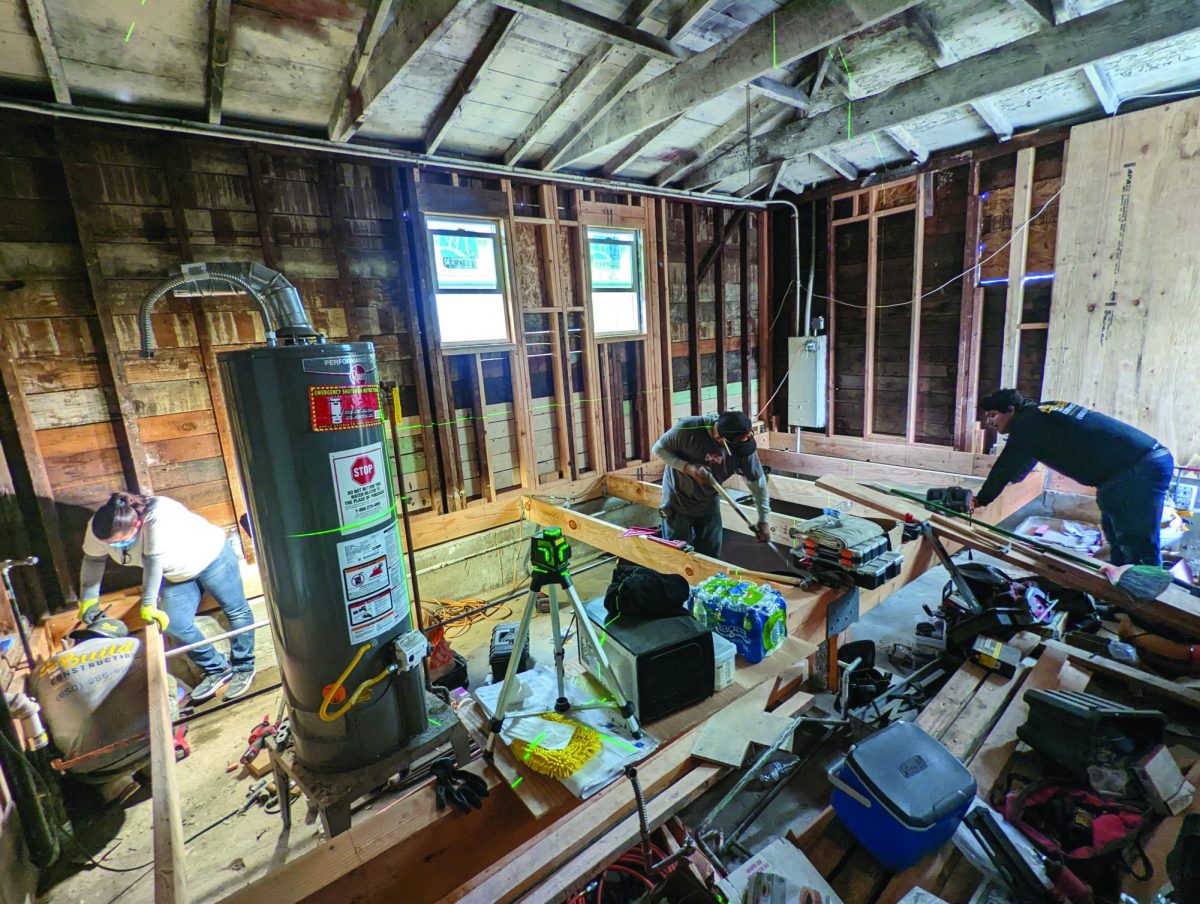Though opinions on affordable housing solutions may vary, one fact is clear: the median price of a home in the Bay Area has increased to $1.3 million, a 6.6% increase from last year, according to The Mercury News, making it one of the most expensive places to live in the country.
And high prices aren’t just limited to Silicon Valley.
According to a 2023 report by the National Association of REALTORS, over 75% of houses in the United States are too expensive for middle-class buyers. To solve this problem, some homeowners have resorted to violating local laws by illegally renting out “informal” accessory dwelling units, or ADUs.
ADUs, commonly recognized as “in-law units” or backyard cottages, are a type of secondary housing unit on a homeowner’s property that allow renters to share living areas with homeowners.
While locally approved ADUs are legal, it’s the informal, illegal ones that bother Derek Ouyang, cofounder of City Systems, a nonprofit that has been involved in Bay Area housing issues since 2017.
“A lot of housing in our communities, especially in places like East Palo Alto, are basically informal,” Ouyang said. “That just means that you didn’t actually do a legal permit. And many people live in this kind of situation.”
To increase access to more affordable, legal housing, Ouyang created Aduo, a nonprofit initiative to publicly release affordable designs for garage ADUs that help landlords and tenants stay in compliance with local ordinances.
Ouyang said that by providing cheap and high-quality secondary housing, Aduo can lower rent and make housing safer.
“Aduo can be used as a tool to improve the design quality of these units,” Ouyang said. “By being cheaper, it will let people consider (building an ADU legally) in the first place as opposed to building housing under the radar. All these little aspects lead to lower price and greater accessibility.”
Instead of building ADUs in backyards or connected to houses, Aduo aims to cut costs by helping homeowners convert garages into living spaces for rent. Ouyang said garage conversions are cheaper than building ADUs in the backyard.
“When you’re not thinking about a garage conversion, you’re typically thinking about putting it in the backyard,” Ouyang said. “You need to build all four walls and a roof. With Aduo, you have the possibility of not having to pay for a lot of that because all you really have to do is just put in the bathroom and kitchen.”
Ouyang said these ADUs could especially help low-income families.
“(ADUs are) the place where low-income people can afford to live close to where they want to be, where they work, where their families are,” he said.
Ouyang also said as garages become less important, ADU garage conversions are even more practical.
“We’re increasingly living in an environment where you don’t necessarily need to own a car anymore,” Ouyang said. “Then, you’ve just got this piece of architecture that so many single family homes have that is becoming increasingly just used for storage.”
A garage conversion was already completed in East Palo Alto using Aduo’s designs, but Ouyang said he wants to optimize these designs before releasing them.
“I’m personally withholding a little bit so that the first version that comes out will be slightly better,” Ouyang said.
And Ouyang said finalizing labor costs is one of the barriers to releasing the completed plans for the ADUs.
“In the first iteration, I wasn’t able to get as detailed of labor costs down to the specific parts of the project,” Ouyang said. “I want to keep closer track of the labor costs, so I can give more useful information about each piece of the construction sequence.”
Ultimately, Ouyang said Aduo has the potential to alleviate the housing crisis by providing innovative solutions to people’s living conditions.
“I won’t be satisfied with this project unless it has a life without me,” Ouyang said. “It needs to get to the point where other people are actually designing and building ADUs.”
Aduo hopes to provide inexpensive secondary housing
Nonprofit aims to increase accessibility for low-income families, convert garages into rentable secondary units
Story continues below advertisement
0
Donate to The Campanile
$600
$1000
Contributed
Our Goal
Your donation will support the student journalists of Palo Alto High School's newspaper
About the Contributor

Gavin Lin, Managing Editor

